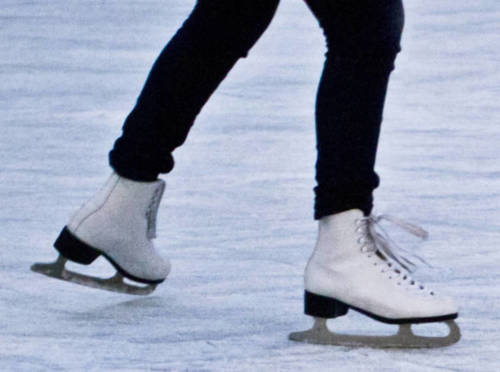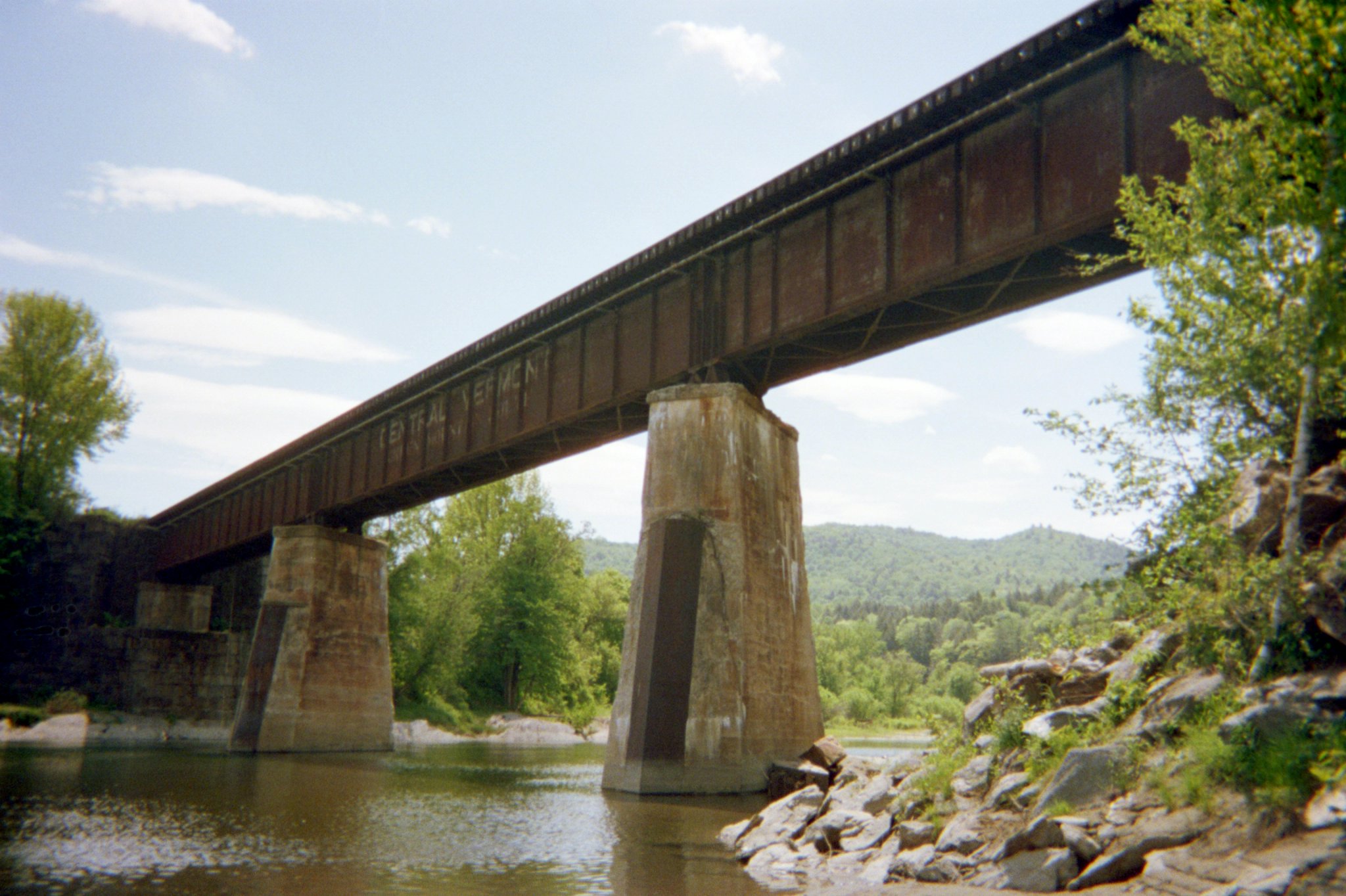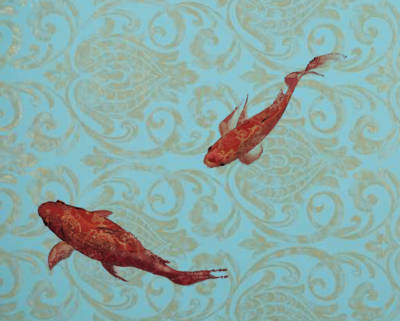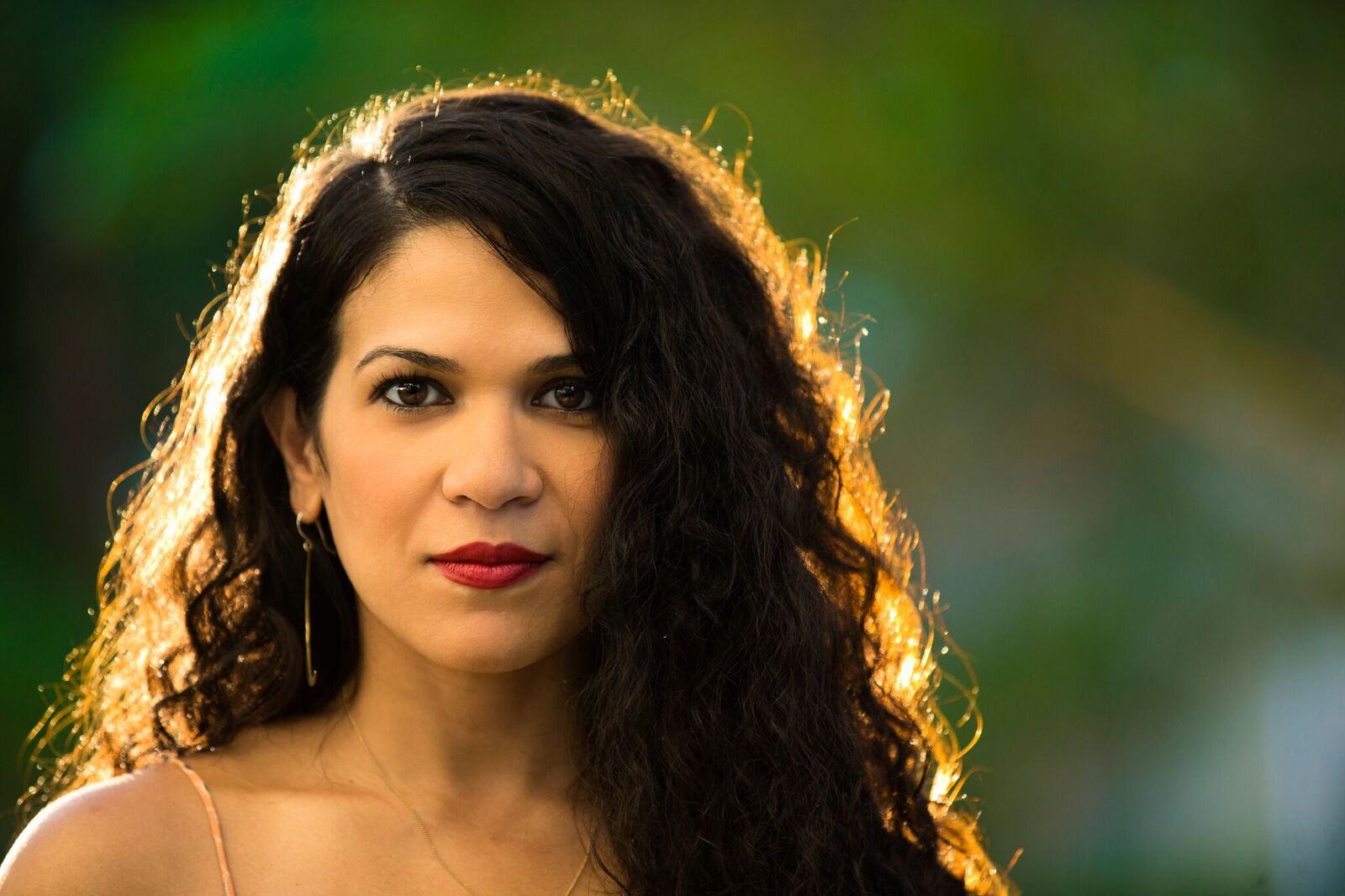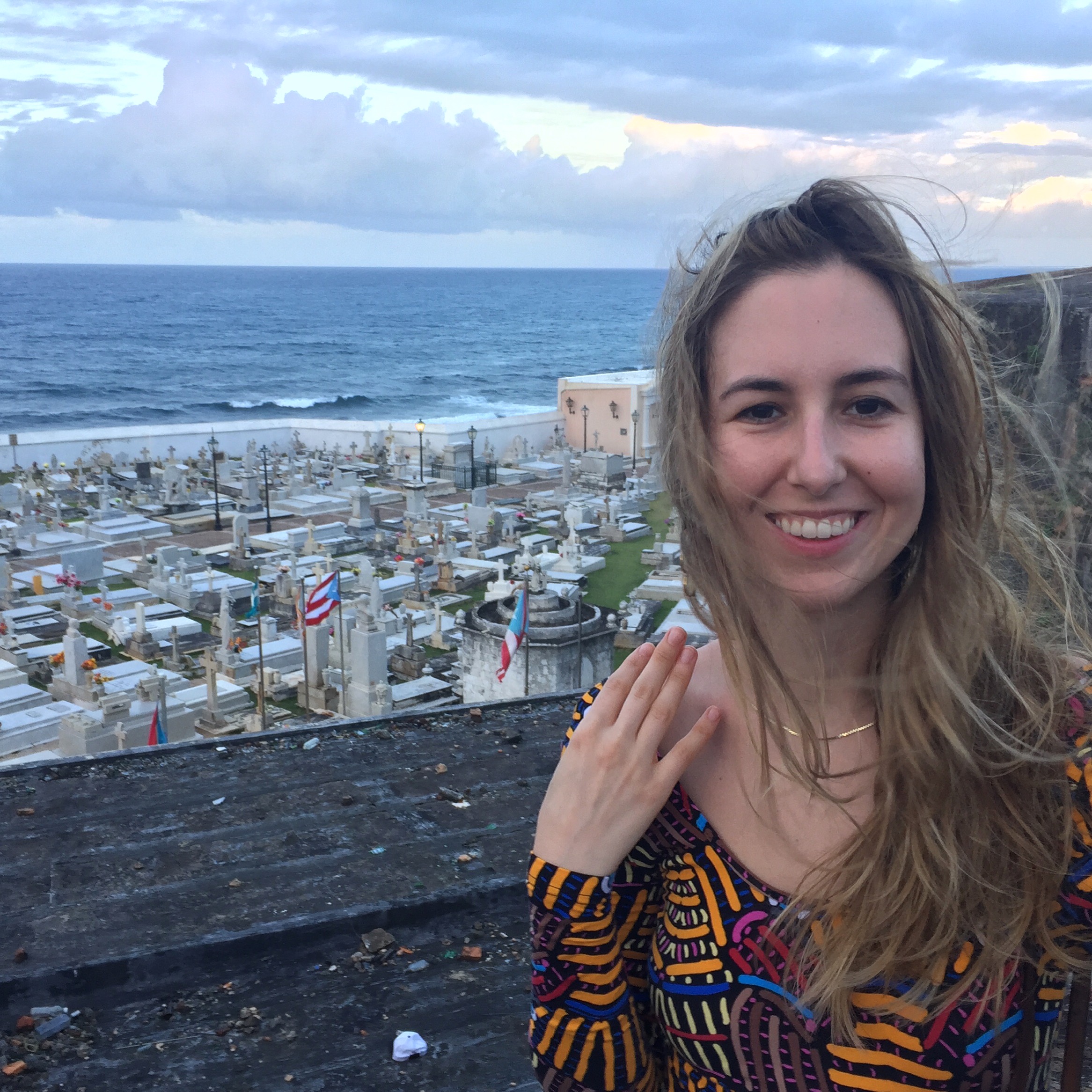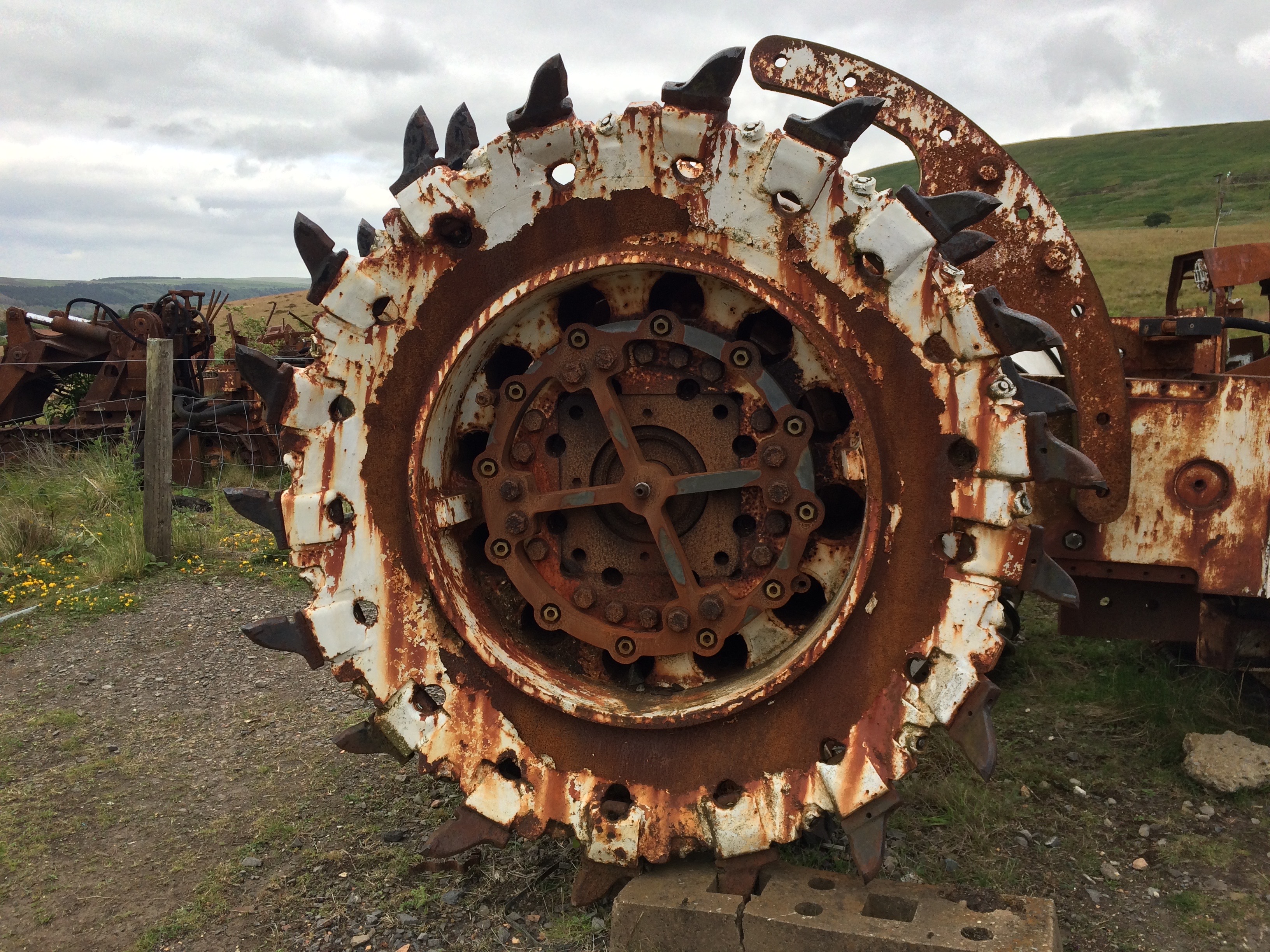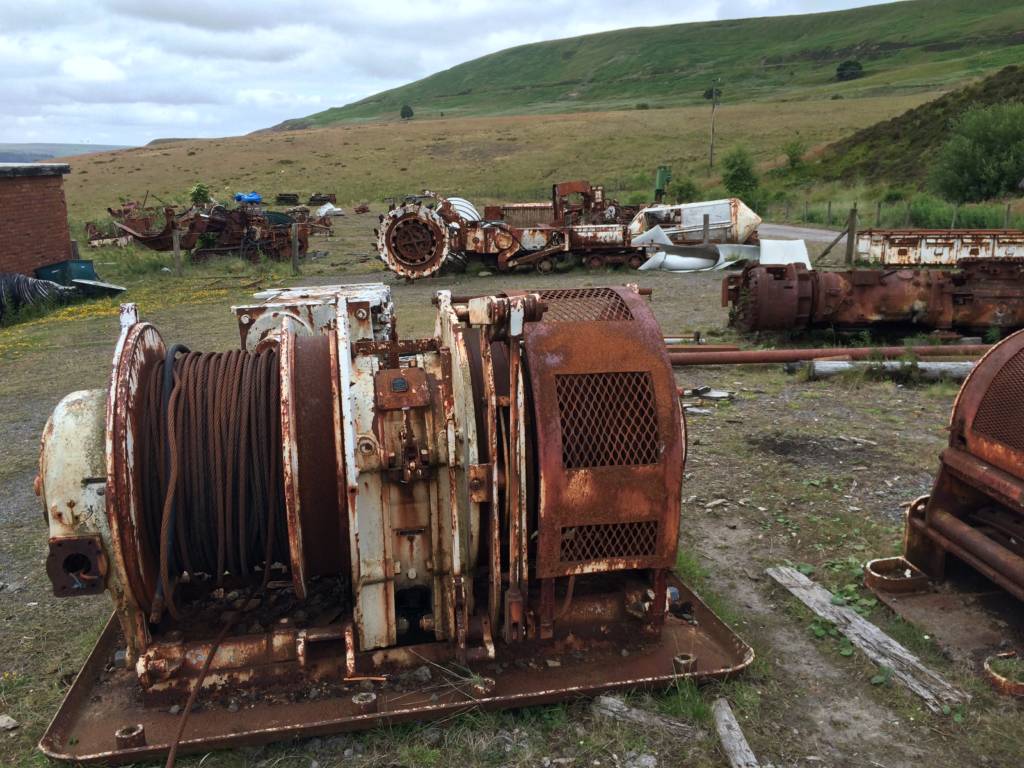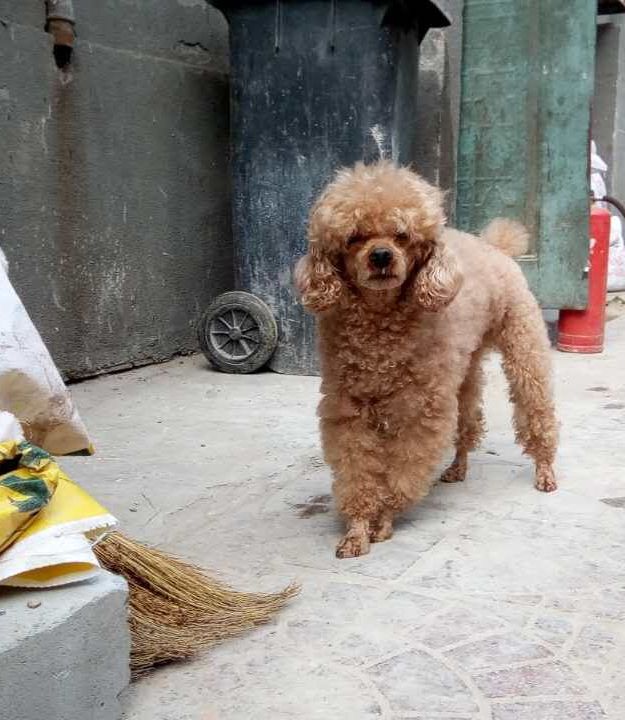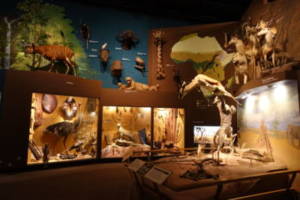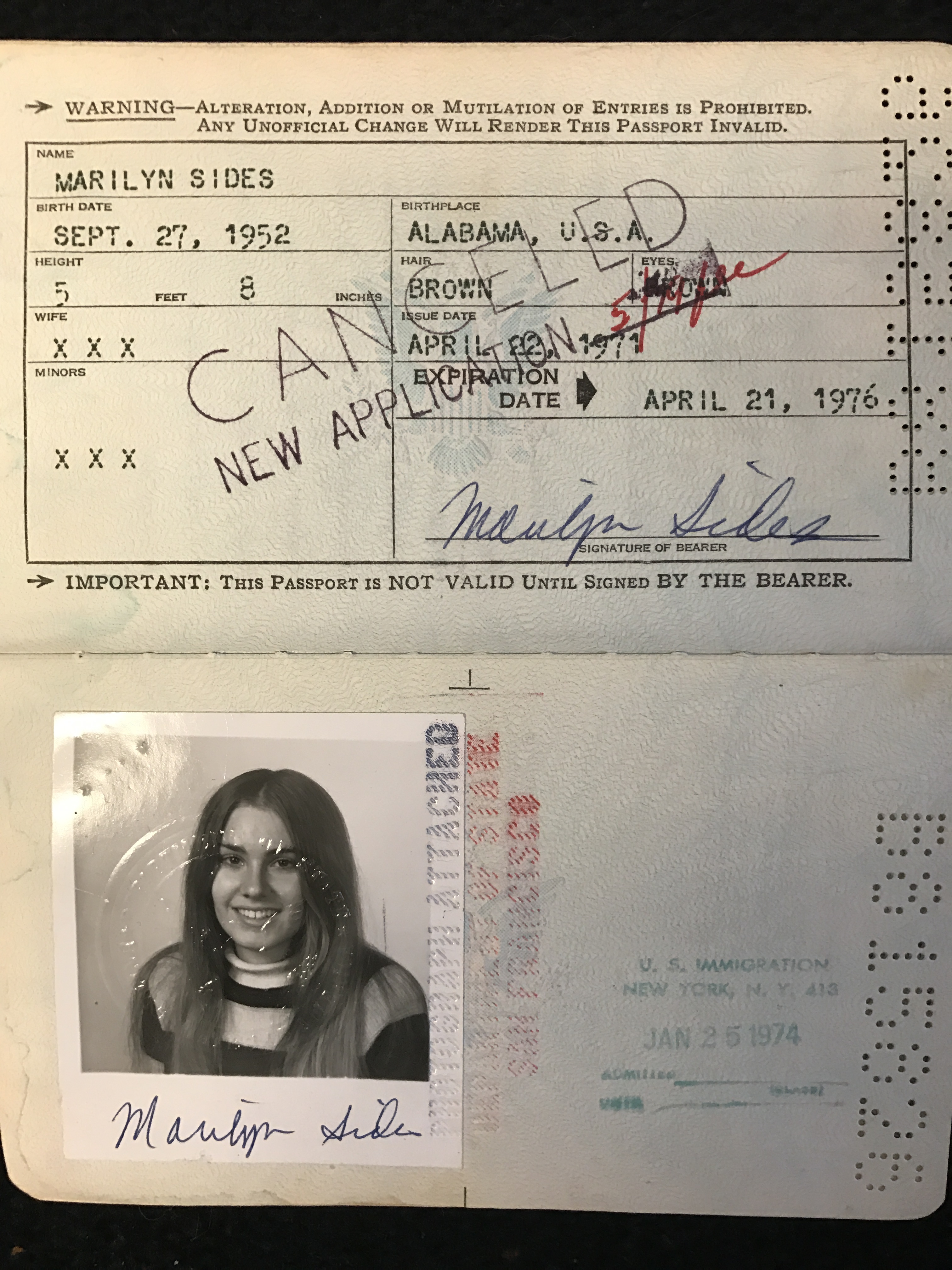By DAVID ROMPF
It’s mid-January, and I’ve come to northern Michigan to see a frozen river layered with fresh snow. On winter days, a long time ago, a young woman skated across this river to be with the man she would eventually marry. She lived in Hancock, a town draped on hills opposite my vantage point in Houghton, which sits on highland and spills, like its sister, to the Portage River. Her beau lived on the Houghton side and worked in a hotel with cupolas and a grand ballroom, two blocks up from where I stand observing the expanse of ice. I can’t understand how she skated after a snowfall, or in bitter wind and blizzard whiteouts.
